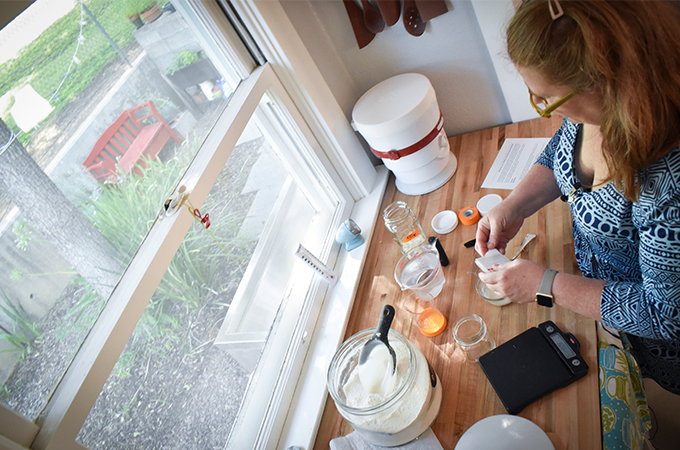In a year marked by unprecedented events, the fact that the COVID-19 pandemic triggered a successful Summer Term program at the University of Redlands shouldn’t have been a surprise.
“The University has long wanted to offer summer classes, but it was never the right time,” says Amy Moff Hudec, director of the School of Continuing Studies (SCS), citing barriers including lack of on-campus housing options and the challenge of providing student financial aid for summer courses.
COVID-19 made a Summer Term at the U of R not just feasible, but necessary.
After the 2019-2020 school year, the University wanted to develop ways to better ensure student success. “We know the pandemic made academics harder, which is why we started this program—to support non-traditional students,” Hudec says.
SCS first surveyed students from the College of Arts and Sciences (CAS) about the possibility of a Summer Term in 2020. The survey received more than 400 responses, and many stated their interest in enrolling would depend on the cost of tuition and range of class offerings.
Luckily, the U of R faculty had already pivoted to teaching personalized online classes during the pandemic—a silver lining that allowed the SCS to think beyond traditional in-person course offerings. “We wanted to ensure that CAS faculty would teach the courses so CAS students would still feel they were getting a Redlands experience,” Hudec says.
A pilot program is born
In June, SCS began offering 13 online Summer Term classes ranging from history, political science, religious studies, sociology, math, and the sciences, taught mainly by CAS faculty. The 212 enrollees were mostly from CAS, but students from the Schools of Business and Education, community members, employees, and lifelong learners (aged 65 and older) were also represented.
Students enrolled in Summer Term for different reasons. Some were students who wanted to lighten their upcoming course load. Others retook classes to improve their academic performance. Hudec says, “Students who needed more academic support during the pandemic year found that the intensive nature of summer classes (and tutoring options from the Department of Student Success) has helped tremendously.”
The pilot program also offered cheaper classes than units in the fall or spring semesters. Hudec says, “We gave a steep discount this year because this is the first time we’re doing it, but we also knew that we needed to support a lot of our students who missed out on units during the COVID-19 pandemic.” In addition, SCS gave away six scholarships to help students offset the cost for some students.
Xavina Walbert ’23, a public policy major and a Spanish and economics minor (“I may also triple minor in spatial studies”), received one of these scholarships. The first-generation college student says without the Summer Term, she would not have been able to fit her graphic design class into her schedule and fulfill her creative practice requirement. She’s a fan of the accelerated program: “I’ve been better at managing my time and am less stressed because I only have one class this summer.”
Unexpected bonuses
Mara Winick, a professor of business administration and management, offered to teach summer classes precisely for that reason: to help students lighten their load. After finding out that her May Term class had a waitlist of 20 people, she decided to offer a second session during the summer. “We have College of Arts and Sciences students who work full time,” she says. “For them to have the opportunity to take courses year-round is a gift.”
She adds, “Many of our students are searching for summer classes anyway. Why not offer classes they need with faculty who are passionate about teaching and committed to their learning?”
Winick, who is teaching a nonprofit management class, says her experience so far has been rewarding. Her class is a mix of adults and CAS students, with each group learning from each other. “That's been an unexpected bonus.”
Summer Term will eventually evolve as the University returns to in-person learning; Hudec envisions a program with both online and in-person classes. “Some classes, such as ones that need lab work, are better in person,” she says. “Online classes, however, give more flexibility to students.” Candace Glendening, a senior lecturer in biology, is one example. Teaching her Mother Earth Science class online in the summer gives students access to more materials, and more freedom. Students don’t have to use shared kitchens in dorms to do their coursework.
Summer Term captures and builds on teaching innovations implemented during the pandemic. “We're excited about the possibility of holding Summer Term in the future,” Hudec says. “It was not a mistake that the first time it was successful was during COVID-19.”
Learn more about the School of Continuing Studies and its upcoming courses.






